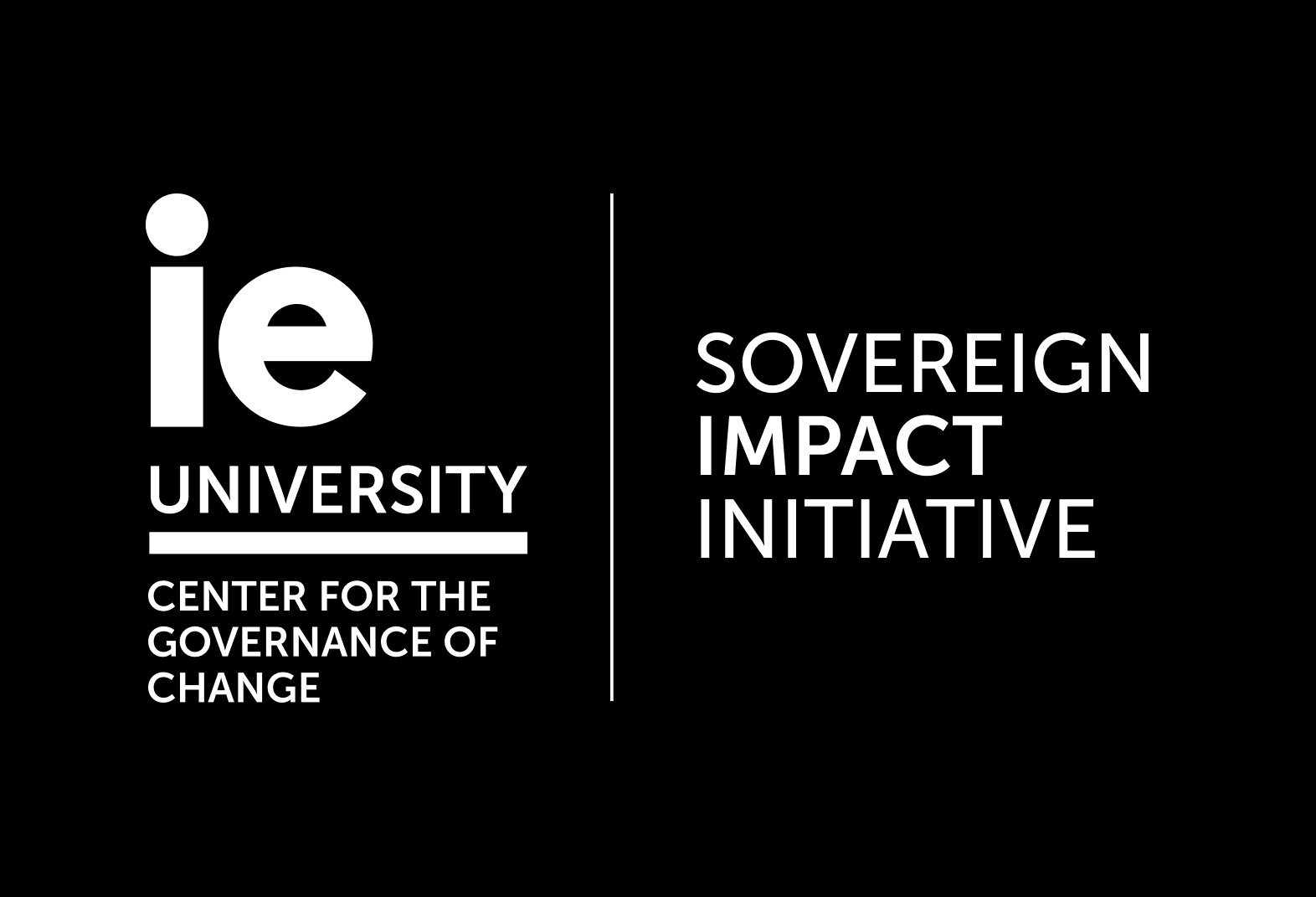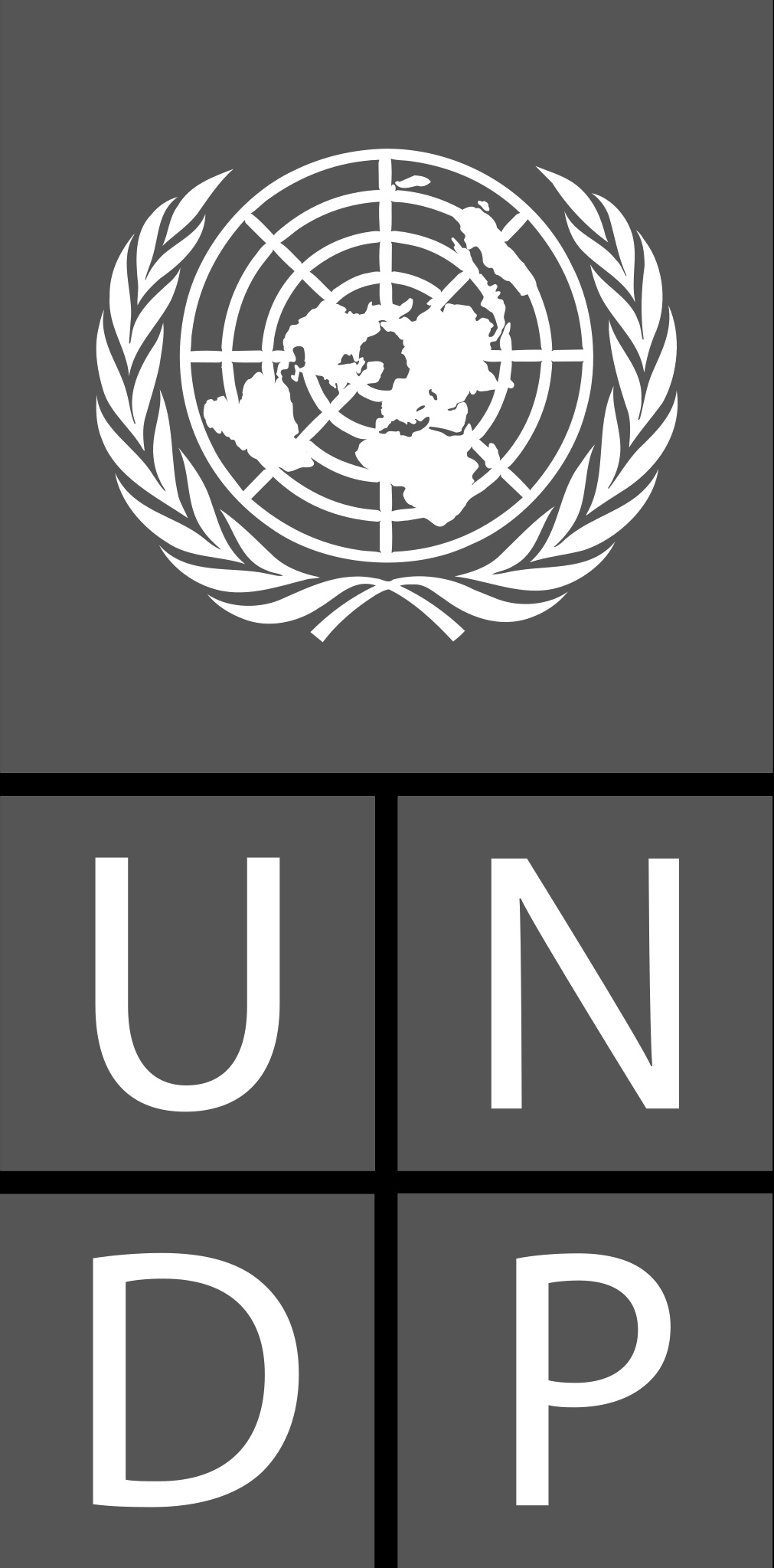INTRODUCTION
INTRODUCTION
The 2024 Financing for Sustainable Development Report highlights that urgent steps are needed to mobilize financing at scale to close the development financing gap, now estimated at USD 4.2 trillion annually, up from USD 2.5 trillion before the COVID-19 pandemic. The findings suggest that only a massive surge of financing and a reform of the international financial architecture can rescue the SDGs.
To close this financing gap, strong partnerships and innovative financial mechanisms are essential. Innovative solutions must consider the fresh needs of a rapidly changing global macroeconomy – marked by rapid digitalization and automation, global conflict and the urgent need to address climate change impacts.
In response, the Center for the Governance of Change has launched the Sovereign Impact Initiative (SII). The SII is a response to the need for systemic change and international finance at scale to meet the challenge of achieving the SDGs. It aims to transform the investment culture of sovereign wealth funds (SWFs) and other global investors to channel capital to impactful investments that produce sustainable development outcomes.
SWFs are emerging as a new class of development and impact financiers in recent years. Specifically, these are a growing subset of SWFs known as strategic investment funds (SIFs), who have mandates for domestic economic development outcomes alongside financial returns. These publicly backed funds finance critical development needs like infrastructure and SMEs. With clearly defined impact investing strategies, technical capacities, financial vehicles to quickly mobilize capital and invest with the private sector, these actors working together are well positioned to supercharge financing to close the SDGs funding gap.
- Publications

The Sovereign Impact Initiative (SII) aims to solve a classical market failure introduced by asymmetric information. On one side, commercial investors (such as private investors and development finance institutions) are seeking attractive and consistent projects in developing markets, but they may lack the local knowledge, capacity and investor protections to do so. On the other side, SWFs with local knowledge and expertise in developing countries must crowd-in commercial capital to build markets and finance critical development investments that investors may avoid without de-risking mechanisms. This long-term project aims to bring these parties together to scale up financing for development, and consequently reduce the perceived and real investment risks of SDG-aligned projects in developing countries.
This is a unique opportunity for the global SWF community, whose assets reached $13.2 trillion as of 2024. The SII's initial focus is to link international SWFs and other international investors with African SWFs, but plans to expand to Latin America and South-East Asia in the future. Egypt, Morocco, Senegal and Nigeria will be members of the SII's proposed first cohort of African SWFs.
Objectives:
- Co-design an financial vehicle with SWFs to unlock capital from strategic and international SWFs and channel to national SWFs in developing countries.
- Research and analyze financing trends, practical solutions, tools, challenges and gaps to uncover best impact investing practices that enable SWFs to be aligned with the UN SDGs.
- Education & training through a community of practice for SWFs to build capacity through sharing of case studies, formal training, discussions of key challenges and learnings, all to enhance SDG & impact investing capabilities among SWFs and global investors.
- Outreach & partnership building through advocacy, events, alignment with other investor initiatives, and expansion to other regions to entrench the SII’s global impact, showcasing best practices and reducing real and perceived investment risks in developing countries.
The SII was launched in November 2023 by the Center for the Governance of Change at IE University in partnership with the Joint SDG Fund, UNDP and the International Forum of Sovereign Wealth Funds, with support from the Directorate General for Development Policies at the Spanish Ministry of Foreign Affairs.
News
News
Videos
Videos
Research team
Research team
Advisory Board
Advisory Board
In partnership with
In partnership with




